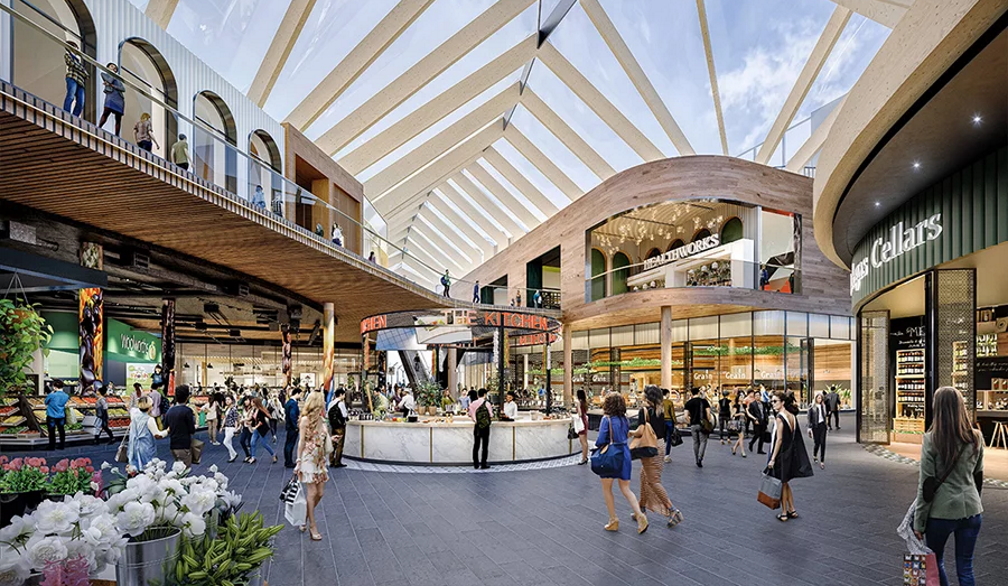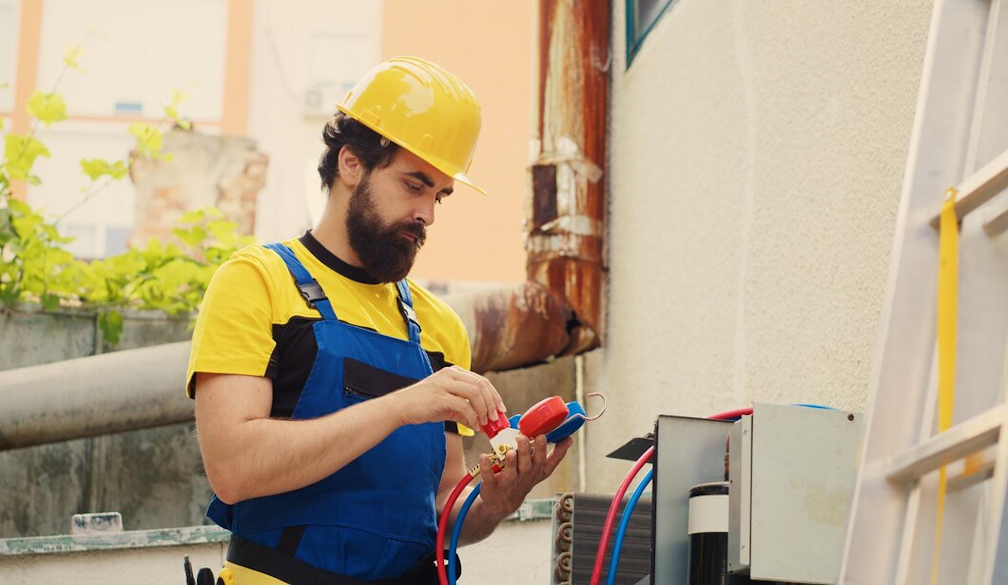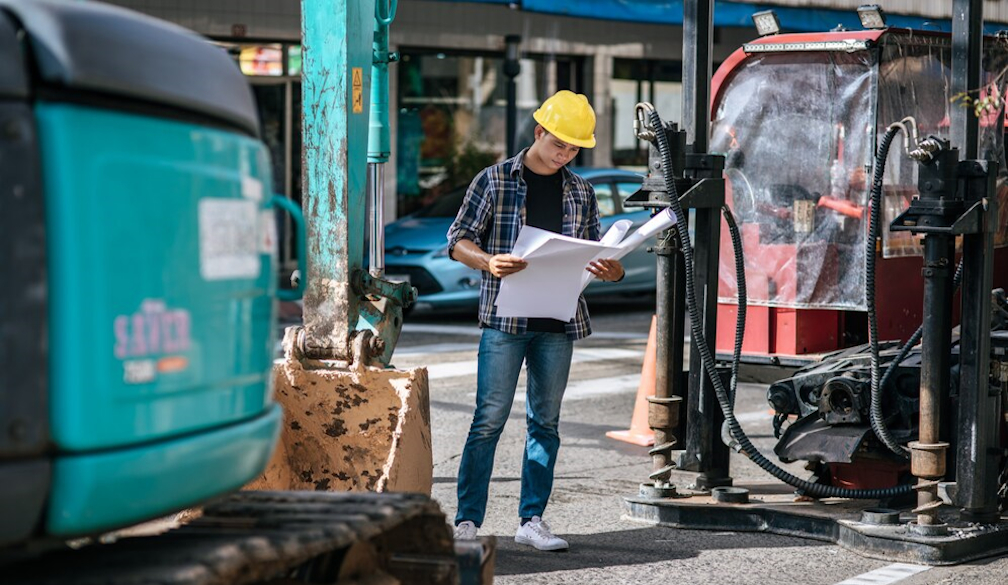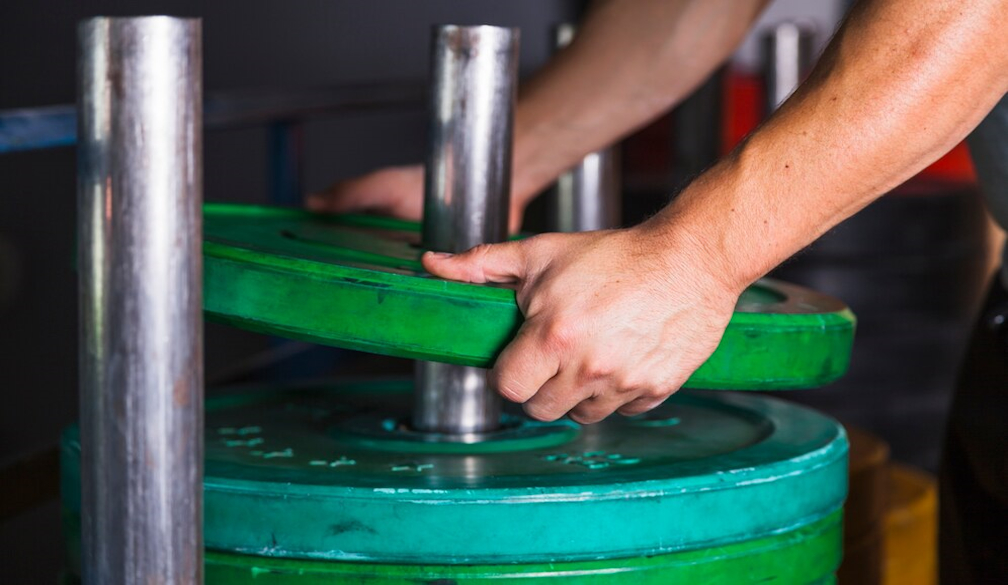Australian consumers are willing to pay extra for a product that was made using sustainable practices
- Written by iVillage

GetApp, the leading app comparison website for small businesses, has revealed the findings of a study analysing if consumers think companies are doing enough to implement anti-waste measures and promote sustainability in Australia.
GetApp surveyed over 1,000 Australians and found that only 13% of respondents said they were aware of the term ‘circular economy’ before reading the definition. This highlights the need for companies to educate consumers, specifically through their marketing efforts, due to only a third (34%) of respondents indicating that they were aware of the concept itself.
Furthermore, the study showed that the level of awareness of the circular economy concept in Australia is low compared to other countries, such as the Netherlands (30%). However, interestingly, awareness in the UK (14%) and Canada (13%) was similar to that of Australia.
The research found that the majority of respondents (78%) think recycling waste is one of the most effective ways to stimulate the circular economy. This was shortly followed by 69% of respondents who believe that it was down to companies reusing materials in the production process, as well as reducing waste caused by production methods (65%), producing products with longer lifetimes (63%), implementing a product buy-back or products recycling program (62%) and using renewable energy (61%).
Over a third (35%) of respondents felt that one of the main reasons a company invested in the circular economy was due to economic opportunities and government incentives to encourage businesses to adopt and practice sustainable measures. However, when asked about a company’s primary motivation for adopting circular economy practices, the study showed that over half (53%) of respondents said they thought it was because the companies want to mitigate environmental issues.
The research also looked into the perception of each industry and whether they apply circular economy principles. According to the data, 61% of respondents said that they believed the furniture industry was most invested in adopting circular economy practices. In contrast, this is in comparison to the chemical industry, with 71% of respondents saying this was the least invested.
The research found that over a third (34%) of participants sometimes consider whether a company applies circular economy principles when buying a product. Additionally, there appears to be the need for sustainable Australian brands to communicate their efforts with consumers, with 42% of respondents stating that when purchasing a product, they would like to have the option of considering whether a company had applied circular economy principles in their processes.
When exploring if the price consumers are willing to a product that was produced using circular economy practices, just over half (51%) of respondents said they would not pay a higher price. Of the respondents willing to pay extra, the majority (57%) said they were only willing to pay up to 10% more for products made using environmentally friendly principles. Just over a third (35%) would pay between 10 and 20% extra, and only 5% indicated they would pay over 20% more.
"Despite Australia being committed to circular economy processes, Australian consumers expressed dissatisfaction with company actions to reduce waste but consider recycling the most effective way to combat waste,” says Andrew Blair, Content Analyst at GetApp Australia.
“On the other hand, consumers positively conveyed that companies have a sincere belief in the need to implement practices aligned with the circular economy, albeit at a company cost. There is a division of consumers willing to pay more for products produced through circular economy principles. Therefore, companies looking to make their mark in the sustainable products market must think carefully about their marketing approach by informing their customers and raising awareness about the circular economy."
The next article in this two-part series will explore consumer habits within the second-hand market which may translate into sustainable efforts to promote the circular economy.
Survey methodology:
To collect this data, we conducted an online survey in July and August 2022 in the following countries: Australia (1,013 participants), Netherlands (1,014 participants), Spain (1,009 participants), France (1,010 participants), UK (1,027), Canada (1.006), and Germany (1,010 participants). The 7,089 candidates had to fulfil the following criteria:
- Resident in Australia, Netherlands, Spain, France, UK, Canada or Germany
- Above the age of 18
- Must have identified the generation they belong to
- Understands the concept of a circular economy (after being shown a definition, respondents were able to select the correct description of a circular economy from a choice of three)
About GetApp:
GetApp is the recommendation engine small businesses need to make the right software choice. GetApp enables SMBs to achieve their mission by delivering the tailored, data-driven recommendations and insights needed to make informed software purchasing decisions. For more information, visit getapp.com.au.






